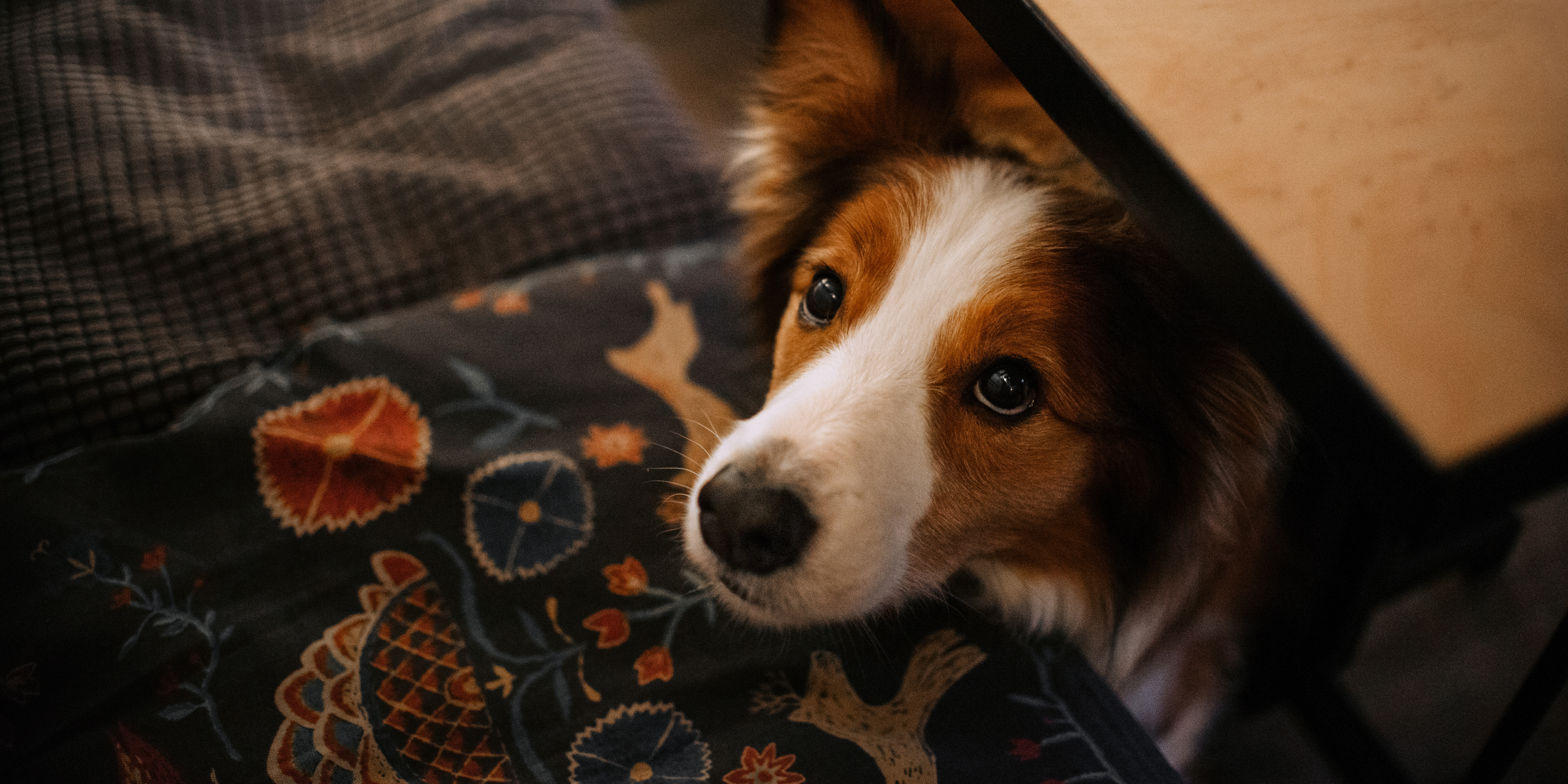Amid the feasting and festivities of the holiday season, keep in mind that some common holiday items can be toxic to your pet.
To avoid an emergency visit to the veterinarian, be sure to keep these items out of paws’ reach:
Hazardous Food and Drinks
- Alcohol
- Avocado
- Candy
- Chocolate
- Coffee
- Cooked bones
- Eggnog
- Fatty and spicy foods
- Garlic
- Grapes and raisins
- Macadamia nuts
- Nutmeg
- Nuts
- Onions
- Holiday turkey and turkey skin
- Yeast dough
While you may be tempted to “treat” your pet during the holidays, these items, especially chocolate, are dangerous for pets. Chocolate contains theobromine, which can cause vomiting, diarrhea, seizures, and hyperactivity, along with increased thirst, urination, and heart rate.
Candies containing a sweetener called xylitol also are toxic and have been linked to liver failure and death in dogs.
While plain turkey isn’t toxic, holiday turkeys are often seasoned with butter and spices, and stuffed with onion and garlic, which could cause your pet an upset stomach or even worse, pancreatitis. Additionally, poultry bones can splinter and cause blockages.
Other Holiday Hazards
- Batteries
- Candles
- Cellophane
- Christmas tree and its water
- Electrical cords
- Glass ornaments
- Holly berries
- Lilies
- Mistletoe
- Poinsettias
- Ribbons and tinsel
Decorate with caution. We know our pets can be a little too curious for their own good, especially when it comes to shiny things like tinsel, ribbons, aluminum foil, and cellophane, all of which can cause intestinal blockages if ingested.
Glass ornaments can cause injury as well as intestinal blockage, or even toxicity if ingested. Electrical wires can cause burns or shock animals who chew on them.
Make sure to cover Christmas tree water with a tree skirt because it may contain fertilizers or bacteria that could make your pets sick if they drink it.
When decorating with plants, consider going faux. Since many common holiday plants, such as mistletoe, poinsettias, holly berries, and lilies, can be toxic to animals, keep these items well out of reach or consider using artificial versions.
Monitor your pet(s) during the holiday season. If you suspect they may have ingested something toxic, know how to contact an emergency veterinarian clinic immediately. You may also consider calling ASPCA’s Animal Poison Control Center phone number at 888-426-4435 (a consultation fee may apply).
With just a little bit of planning, you and your four-legged friends can enjoy a safe and relaxing holiday season together!
Katie Campbell is the President and CEO of RedRover. She holds a Masters of Science degree in Sociology from California State University, Sacramento, and has spent 10+ years working in social services. Katie has spoken at several national conferences, including the National Organization for Victim Assistance, National Coalition Against Domestic Violence, and the Institute on Violence, Abuse, and Trauma.



